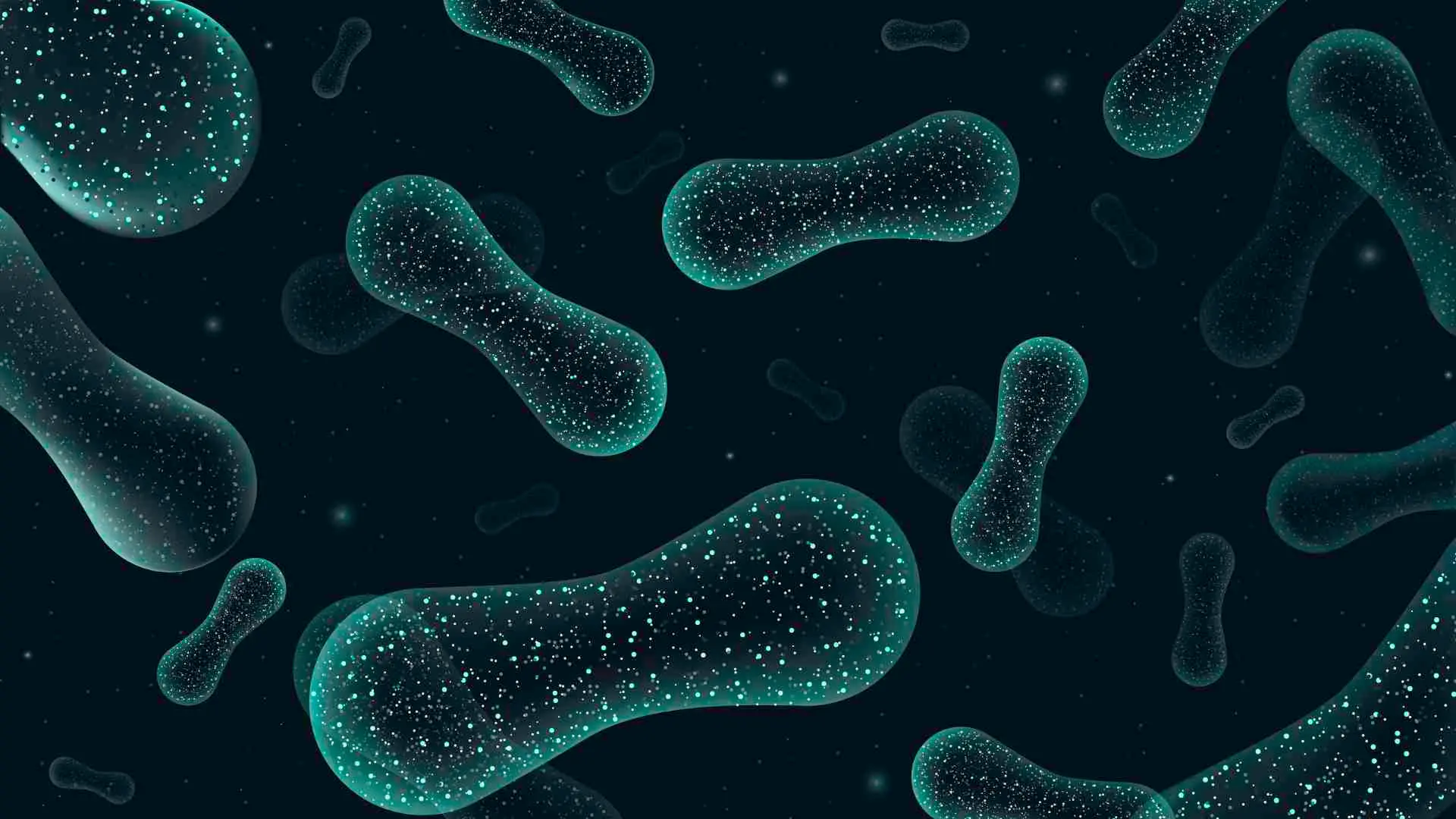
We’ve all heard about our gut bacteria and been told we need to have a balance of more good bacteria to bad, but is it really that simple?
Our microbiome is the collection of living microbes that live in our large intestines and are essential for health. A healthy microbiome can synthesise important vitamins that the body can’t get in any other way, helps strengthen and regulate your immune system and is important for healthy bowel habits and waste elimination. These microbes are originally colonized from our mother own microbiome during pregnancy and birth. If your mothers microbiome was unhealthy at this time then this puts your ongoing health at a disadvantage from day 1.
Our gut holds around 2kg or 38 trillion microbes. In fact, the amount of genetic material in your microbiome may be many hundreds of times greater than the genetic material that makes up your own genes. This effectively means that your gut bugs have a greater influence on your health than your own genes.
Mostly the collection of different species of microbes work well together and are collectively referred to as your commensal microbiome. Various diet and lifestyle choices can create an environment in our gut where pathogenic or ‘opportunistic’ microbes get the chance to grow and prosper. These microbes are inflammatory and disease causing and are usually kept under control by our commensal species until such an opportunity arises. Antibiotic use is a good example of a situation where these nasty microbes, which are always present in low numbers, find an opportunity to thrive. This is called dysbiosis and cause all sorts of problems.
There is a strong pathway of communication between the brain and the gut. This explains why stress can have such a strong and immediate effect on your gut. For example, have you ever experienced needing to run for the bathroom when confronted with an acutely stressful situation? But the communication works the other way too. Your gut bugs can strongly influence mood and brain function and can even make you crave certain foods (especially fat and sugar when the pathogenic species are thriving).
This ‘dysbiosis’ of the gut mircobiome can lead to health issues such as digestive complaints, toxicity from inefficient waste removal and this can lead to foggy brain, skin disorders, fatigue, poor sleep and muscle and joint inflammation. You can develop nutrient deficiencies because your commensal bacteria aren’t able to synthesise important vitamins. Much of your immune system also presides in your gut and having dysbiosis can make you more susceptible to allergies, colds and flu, food intolerances and even autoimmune conditions.
Researchers have spent a lot of time trying to work out which microbiome composition is the most healthy. They found there isn’t one! They tested the microbiomes of a number of healthy, indigenous communities but discovered that their species of gut bugs were all quite different. The thing they did find was that the most healthy people had the most diverse microbiomes. That is, the greater the number of different types of species present in your gut, the better your health. In fact, low bacterial diversity has now been linked with obesity, insulin resistance, inflammation, autism and bowel disease.
Check in again in early December for part 2 of the microbiome and find out exactly how probiotics work (it’s not just about replacing the good bugs) and what you can do to directly influence your microbiome diversity.

